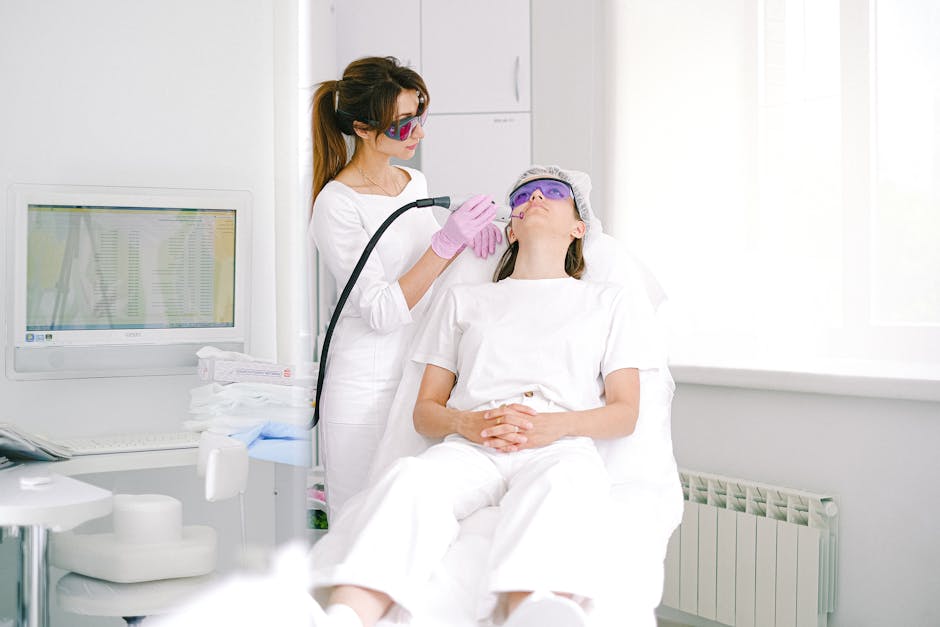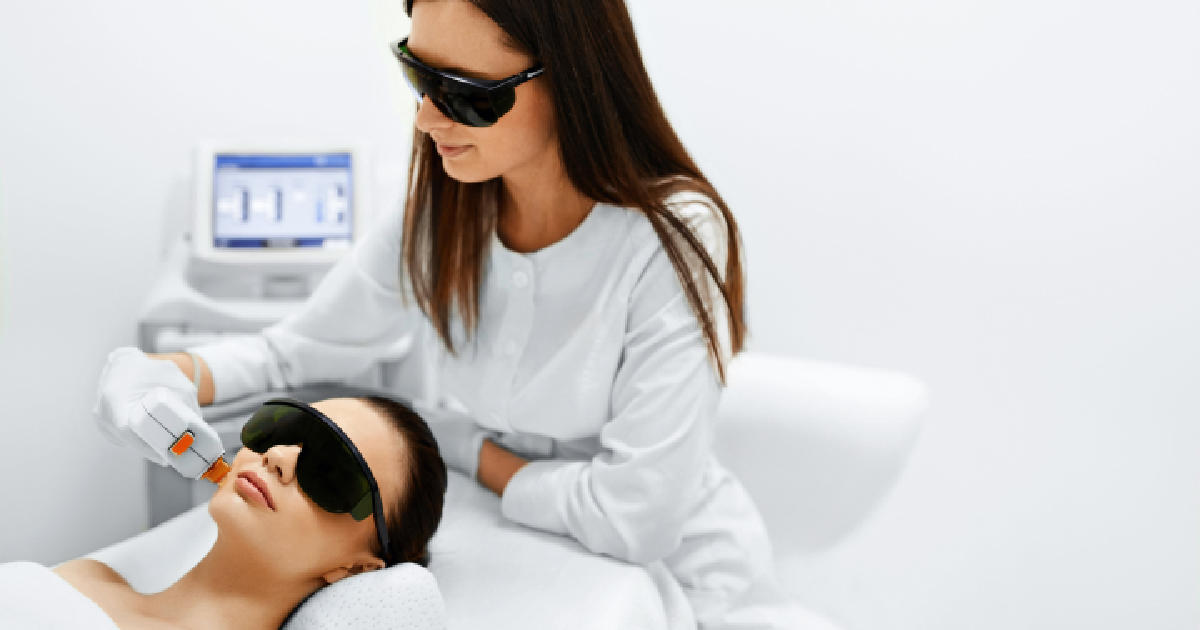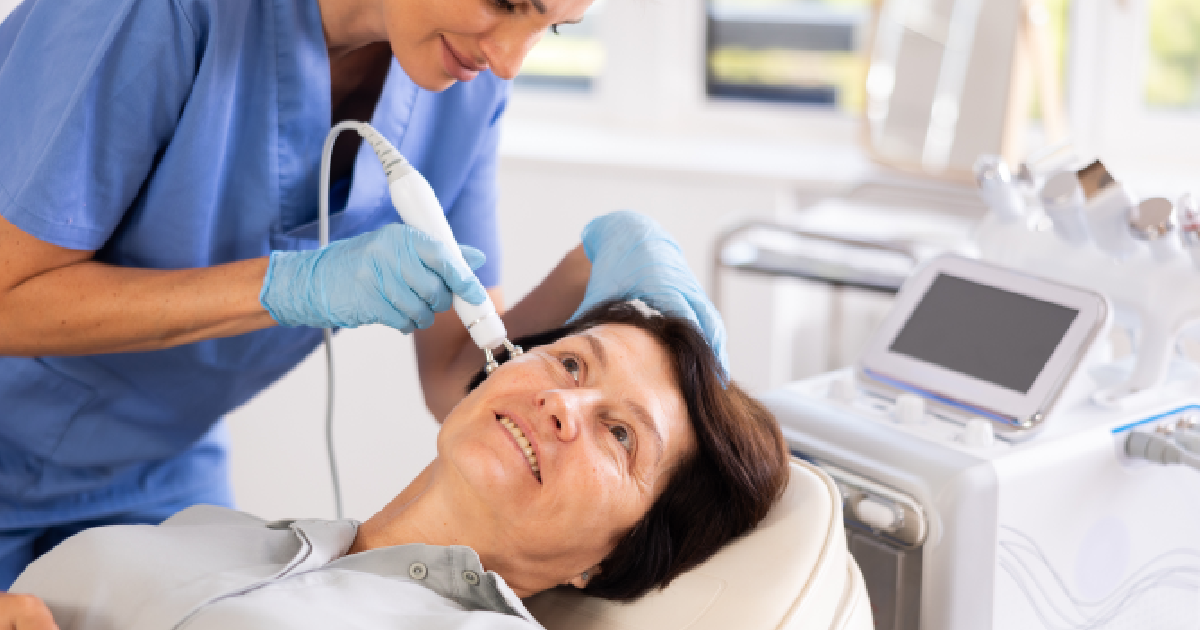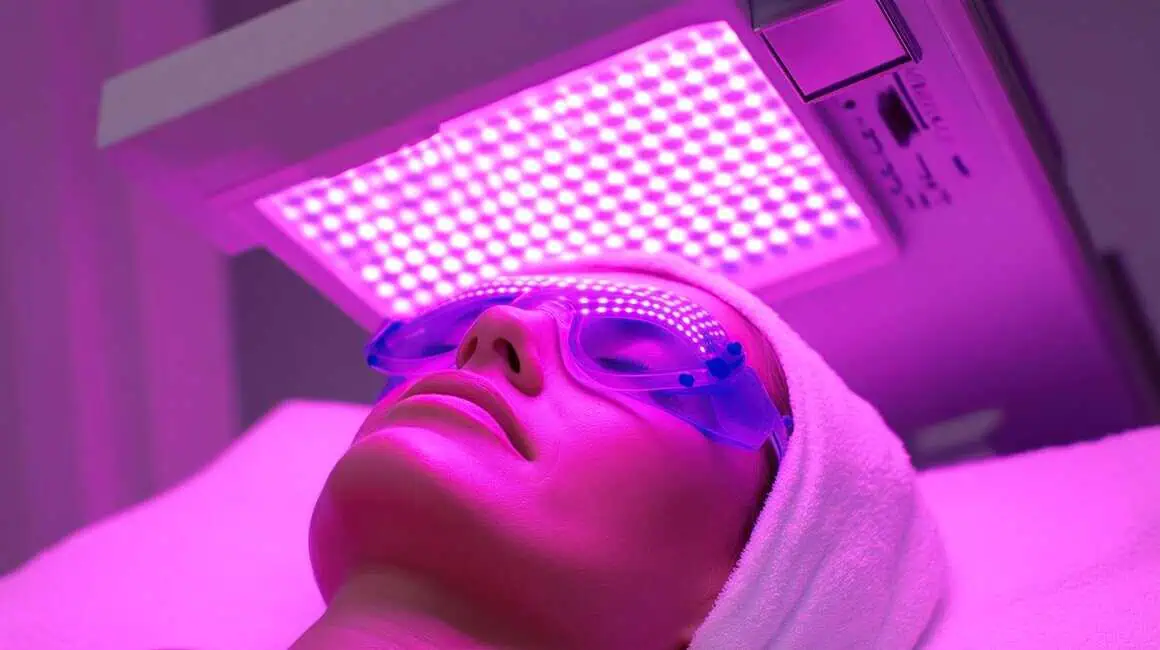Understanding Laser Acne Treatment
Laser acne treatment is a revolutionary approach to tackling stubborn acne breakouts. Unlike traditional methods such as topical creams or oral medications, laser treatment targets acne at its source, deep within the skin.
One of the key advantages of laser acne treatment is its precision. The laser can target specific areas of the skin affected by acne, ensuring that surrounding healthy skin is left untouched. This precision helps to minimize any potential damage to the skin.
Furthermore, laser treatment for acne is known for its effectiveness in treating various types of acne, including cystic acne, which can be challenging to address with traditional methods alone. The targeted approach of laser therapy can penetrate deeper layers of the skin, reaching the root causes of acne.
In addition to targeting acne, laser treatment can also help to reduce acne scarring. By stimulating collagen production and promoting skin rejuvenation, laser therapy can improve the overall texture and tone of the skin, leaving it smoother and more even.
Moreover, laser acne treatment is a non-invasive procedure, which means it does not require incisions or downtime. Patients can typically resume their daily activities immediately after treatment, making it a convenient option for those with busy schedules.
Overall, laser acne treatment offers a holistic approach to acne management by not only reducing active breakouts but also improving the skin’s overall health and appearance. Its precision, effectiveness, and non-invasive nature make it a popular choice for individuals seeking long-term solutions for acne.
Effectiveness Compared to Traditional Methods
When comparing the effectiveness of laser acne treatment to traditional methods, it’s important to consider the long-term results. While traditional treatments may provide temporary relief from acne, laser therapy targets the underlying causes to offer more sustainable outcomes.
Unlike medications that can have systemic side effects, laser treatment for acne is gentle on the skin and less likely to cause adverse reactions. This makes it a suitable option for individuals with sensitive skin or those who have not responded well to conventional treatments.
Safety Profile of Laser Acne Treatment
The safety profile of laser acne treatment is a significant advantage, particularly when compared to more aggressive treatments such as oral medications or chemical peels. Laser therapy is non-invasive and does not involve harsh chemicals, reducing the risk of adverse skin reactions.
Additionally, the controlled nature of laser treatments allows healthcare providers to adjust the intensity based on individual skin types and acne severity, ensuring a customized and safe experience for each patient.
Furthermore, laser acne treatment is FDA-approved and has been proven to be a safe and effective option for acne management. With minimal risks and high patient satisfaction rates, laser therapy stands out as a reliable choice for individuals looking to improve their skin health.
Downtime and Recovery Process
One of the key advantages of laser acne treatment over traditional methods is the minimal downtime and recovery process associated with the procedure. Unlike invasive treatments that may require days or weeks of recovery time, laser therapy allows patients to return to their daily activities immediately.
The gentle nature of laser treatment means that patients typically experience minimal discomfort during and after the procedure. There is no need for bandages or post-treatment care, simplifying the recovery process and making it a convenient option for individuals with busy lifestyles.
Overall, the short recovery time of laser acne treatment ensures that patients can quickly see the benefits of the procedure without having to disrupt their daily routines. This aspect, combined with its effectiveness and safety profile, makes laser therapy a compelling choice for long-term acne management.





